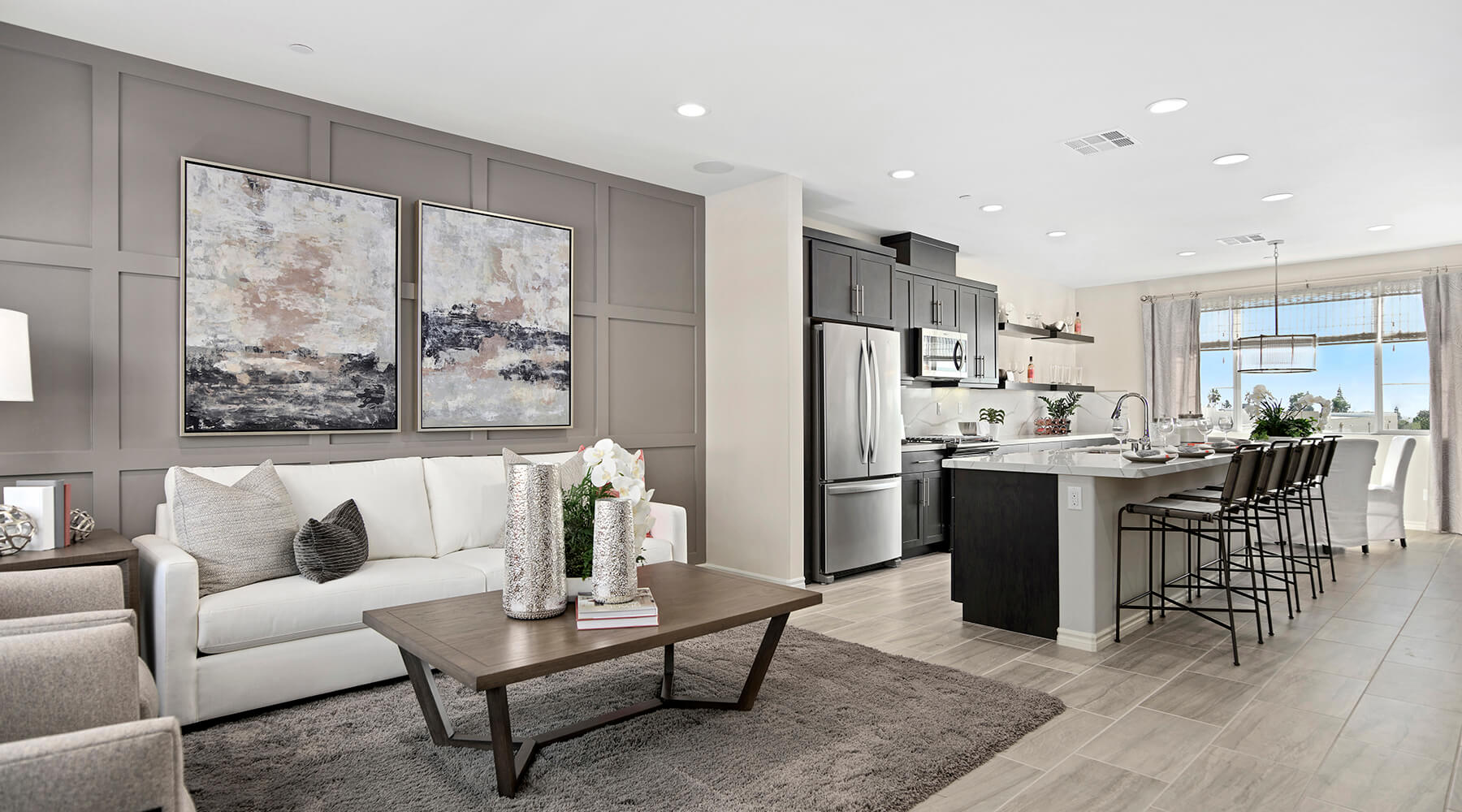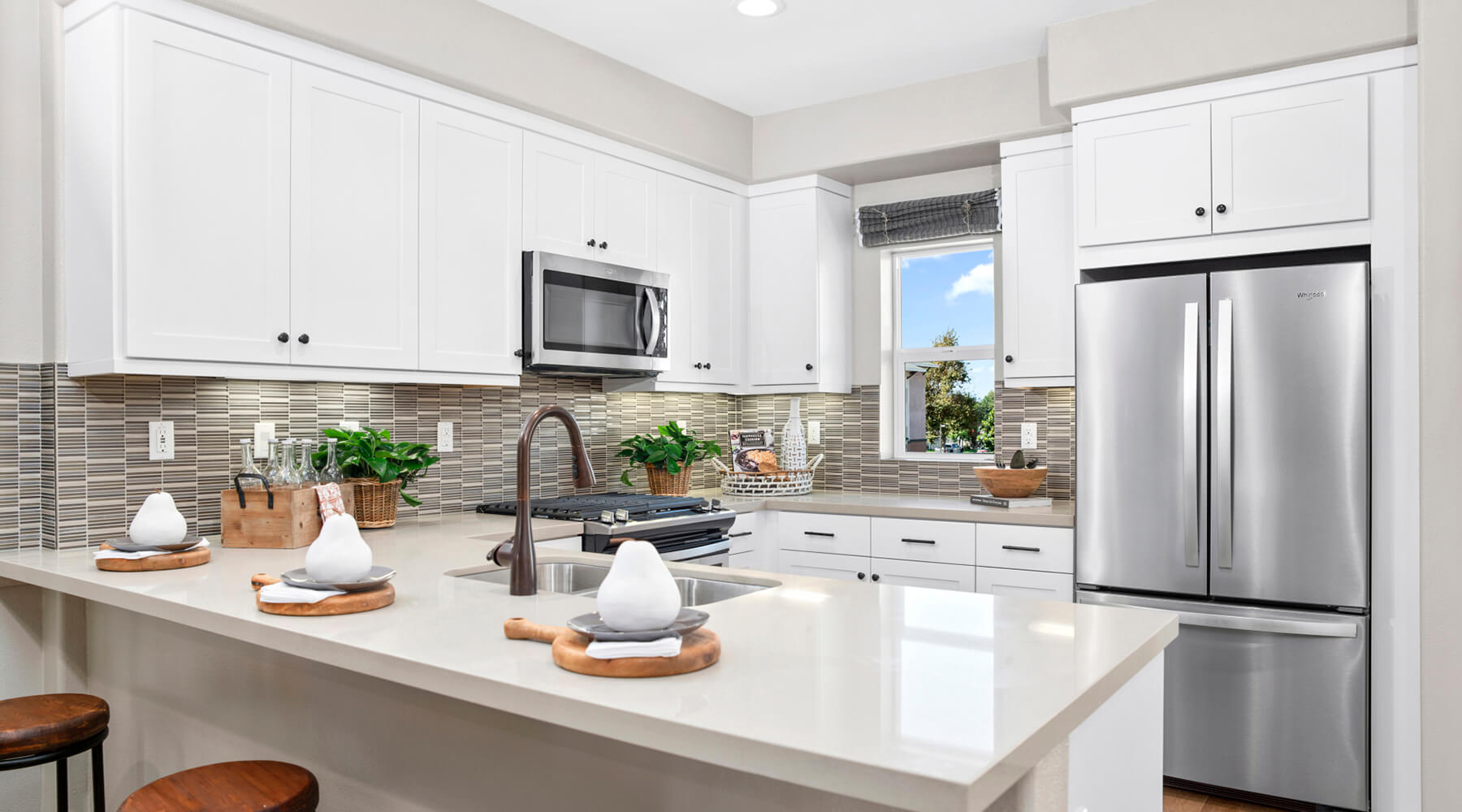10 Mistakes to Avoid When Buying New Housing, Part II
Dec. 21, 2015
Although you may have a great idea of what to do when purchasing new housing, it’s equally important to have a checklist for what not to do. Below we present Part II of 10 mistakes you need to avoid. (See Part I for mistakes 1 to 5.)
6. Not asking questions of your real estate agent and lender. If you’re a first-time homebuyer, it is to be expected that you’ll have a lot of questions and require more time of your agent and lender than someone who has been around the block.
Interview them before committing. Ask specific questions, such as their strategy recommendations for your needs and how long they have been in the business. (For a complete list of suggested questions, see here.) Your agent should take care to show only homes that fit both your desires and your budget. They should not pressure you to buy a particular home, or one that is too expensive for you, or that doesn’t fit with your needs.
Choose a mortgage lender that you can work with comfortably as well. It is a good idea to ask friends or family if they have had a good experience. Interview the lenders before committing as well. Ask for a full discussion of financing options: what types of loans are best, and what are current interest rates. (For a full list of questions, see here.) Don’t be afraid to ask questions—this is one of the most important purchases of your life.
7. Not having a Plan A and Plan B for your wish list. Putting together a wish list can be one of the most exciting parts of looking for a home. You’d like a swimming pool, or enough square footage for the sectional couch you’ve had your eye on for months. You also want a garage, a new kitchen, or a second bedroom to use for video games. It’s advisable to make two wish lists: an A list, for things that are essential (enough square footage for the couch) and a B list, for things you’d love to have, but that wouldn’t be a deal breaker if everything else was fine (say, the pool). Flexibility and the willingness to give some things up to get others is an important part of the home buying process.
8. Trusting verbal or handshake agreements before anything is signed. You were very happy that you shook the seller’s hand and the deal was done. Don’t forget one thing: nothing is official until everything is signed by both parties. That’s largely what a closing is: you receive a deed from the seller. The signed deed is the proof that you own the house. A “yes, I’ll sell to you” or a handshake is wonderful in theory, but neither makes the home legally yours. Experienced real estate professionals—and maybe your own friends and family—could tell you about instances in which all systems looked to be go, but the seller backed out at the last minute.
9. Not having your home inspected before moving in. It’s very common to want to choose your furniture, curtains, and paint the minute you know the house is yours. Hold on. It’s imperative to have the home inspected by a professional. They check the construction and the foundation. They go over the water heater, the ventilation systems, and the electrical system. They are also prepared to tell you of any repairs that might be needed and an estimated cost.
Buyers need to use their own inspector. The American Society of Home Inspectors has a useful list of certified home inspectors. Do not ask the real estate broker to suggest one: you need an inspector without a potential conflict of interest. The seller and agent also need to know that your purchase is contingent on the house passing inspection. You can also ask that a contract specify that the seller is responsible for a certain amount of the costs required for repairs.
10. Not considering the home’s potential resale value before buying it. Yes, this one may seem almost backward. You’re thinking about buying the home, not selling it. But again, think of the length of a mortgage. You may need more house down the road if your family expands unexpectedly. You may need less house if you go through a divorce. You may get a job assignment in another state, or another country.
So, think hard about the resale value. Is the neighborhood a good one? Will the house be easy to accommodate to the tastes of a number of buyers? Is there anything structural that might turn off a prospective buyer? Is there heavy traffic you can hear from the house, for example, that might make it a tough sell?
Now you have a checklist of what not to do—which of course can become a checklist of things to do. Hire that inspector, make those lists, crunch the numbers of that budget. Happy home hunting! Looking for a new home? Contact us.






